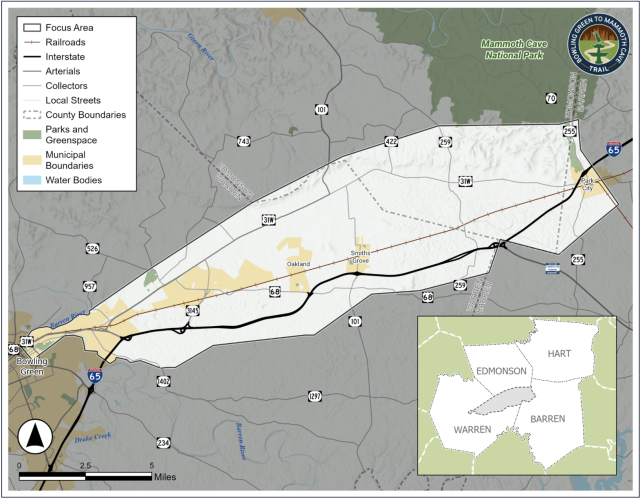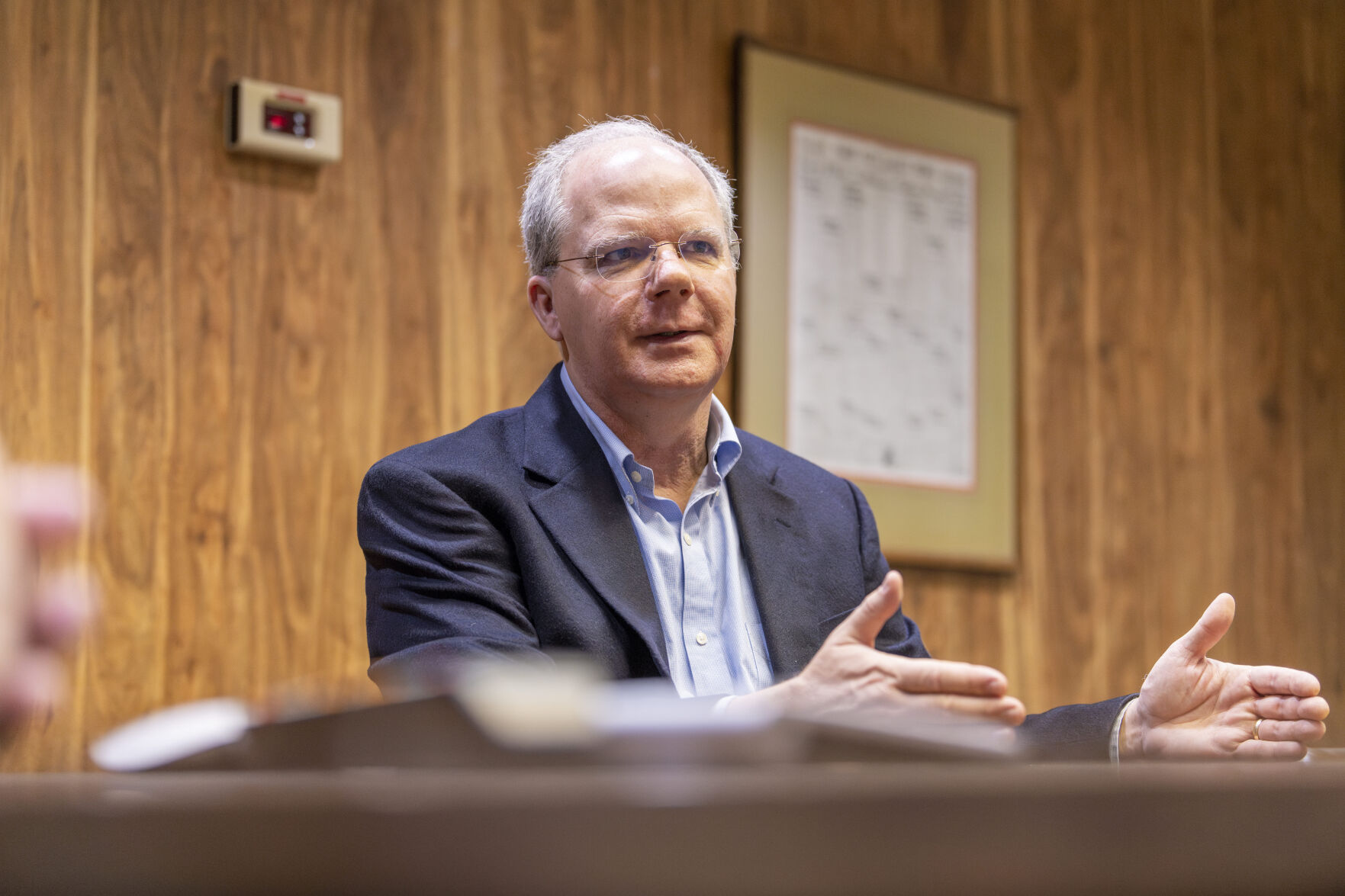City schools ditch plastic bottles for sustainability
Published 7:30 am Wednesday, September 4, 2019
The Bowling Green Independent School District is phasing out disposable plastic water bottles in favor of refillable water stations for its students – the first step in eventually developing a districtwide composting program.
The idea, introduced by Food Service Operations Director Dalla Emerson, came from Emerson’s previous management experience working with Aramark’s dining services at Western Kentucky University. There, she witnessed WKU’s massive composting operation firsthand.
After starting at her current job with the Bowling Green Independent School District last year, Emerson said she set a long-term goal to develop a similar composting program for the district, possibly with the help of WKU.
Adding water stations to schools “is the first step in an effort to become more environmentally sustainable,” Emerson told the Daily News.
Each school has been outfitted with water stations capable of dispensing both regular and fruit-infused water. The district has encouraged parents to send their children to school with their own water bottles, but biodegradable cups are also available at each of the stations. The district announced the change Tuesday on its social media accounts.
Doing away with the disposable bottles is also creating a cost savings for the district, Emerson said, although she was not immediately aware of exactly how much. She added the saved amount is helping to fund the cost of new compostable meal trays that are being introduced.
Eventually, Emerson said, the goal is to also phase out the use of biodegradable cups at the water stations in hopes that students will use their own use reusable bottles. The district is also exploring providing students with such bottles, Emerson said.
Previously, the district offered students disposable water bottles as a way to comply with federal regulations that require drinkable water to be readily available in schools, Emerson said. However, “then we started noticing the amount of trash that we were producing,” Emerson said, adding the district wanted to go in a different direction.
Going forward, Emerson said she’s exploring a partnership with WKU to expand the district’s sustainable practices.
WKU first began food composting in 2014 by collecting scraps from Fresh Food Co. Then, in late 2017, a Kentucky Energy and Environment Cabinet grant enabled it to expand food collection to all 15 dining locations on campus and purchase a Roto-Screen. The giant machine is used to essentially filter organic material from items such as forks, plates and cups, according to a previous Daily News article.
Five days a week, WKU employees or students collect extra food from special trash bins and drive to the WKU Farm off Nashville Road in a truck where the waste is composted. In a single year, the program composted 300,000 pounds of food.
School staff have been informed about the new effort and are so far receptive, Emerson said. All that remains is making students part of the solution, but Emerson hopes within a couple months that “the student population will be much more engaged and aware.”






